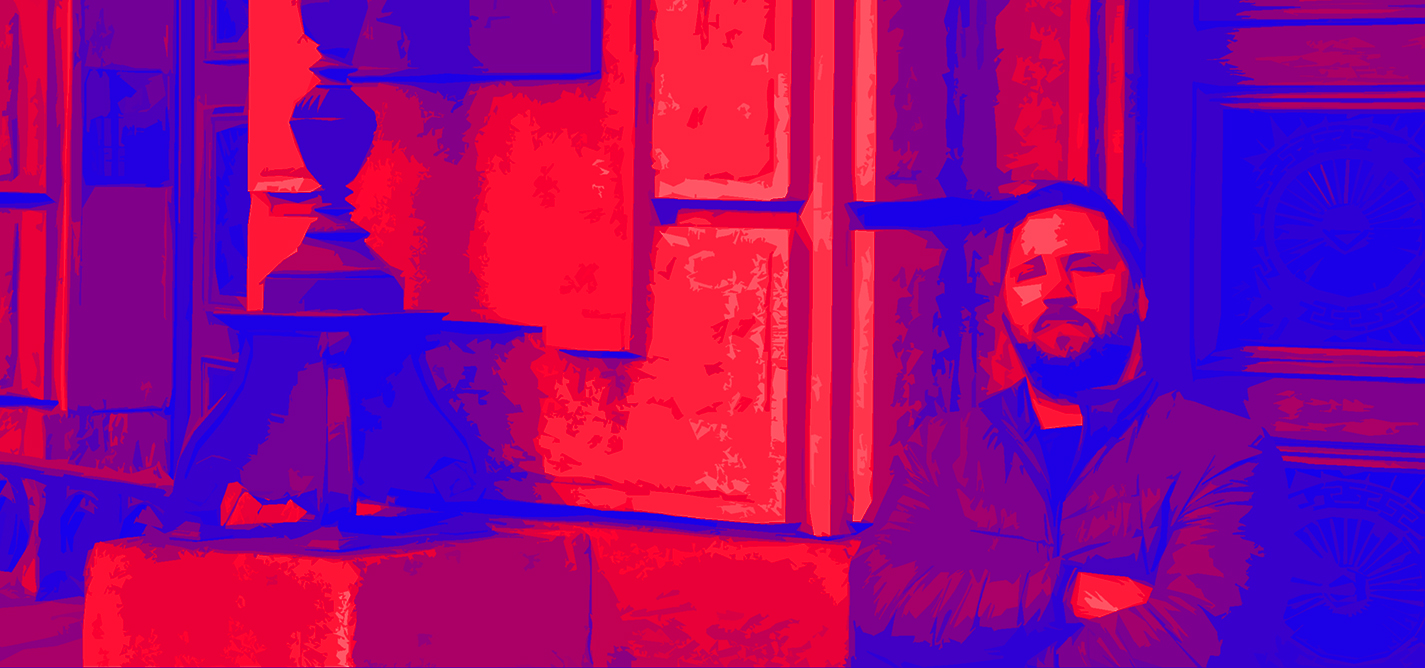
Miran Pogačar: There’s no change without an open confrontation
Novi Sad-based activist talks about protesting, seething anger and the need to organize.
Time and again I am astounded to see people who still have faith in the judiciary, law, institutions and state.
In order to survive and thrive, environmental initiatives ought to go beyond the narrow, local framework and broaden the context of their engagement, which automatically leads to politics.

Dejan Kožul
Dejan Kožul is a journalist working for various media in Yugoslav space (Novosti, Lupiga, FTV, etc). For more than eight years he was the editor and anchor for the radio show KUPER which was broadcast on BH Radio, Radio Republika (Novi Sad), Radio Rojc (Pula), KLFM (Split), and Radio Apart (Beograd). He describes it as the territory with the most freedom and the ability to broadcast because there are no taboos.
This story was originally written in Serbian.